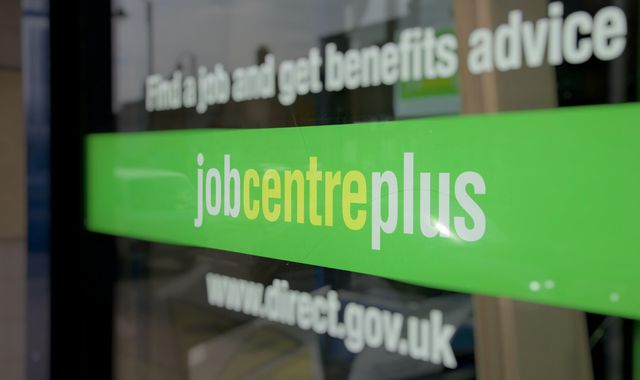Inflation Surges to 3.5% Due to Bill Shock

Official figures indicate that the pace of inflation surged last month to an annual rate of 3.5%, marking its highest level in over a year. The Office for National Statistics (ONS) attributes this increase, up from 2.6% in March, to a significant rise in essential household bills, particularly energy, council tax, and water.
The ONS noted an unusual 6.4% spring rise in energy bills for households on the energy price cap during April. Additionally, council tax bills widely increased by 5%. Water regulator allowed suppliers to charge customers an extra £10 per month, on average, across England and Wales, contributing to the inflationary pressure. Broadband, mobile, and TV license costs also experienced increases.
Grant Fitzner, acting director general at ONS, stated that significant increases in household bills caused inflation to climb steeply. He pointed out that gas and electricity bills rose this month compared with sharp falls at the same time last year due to changes to the Ofgem energy price cap. He also noted that water and sewerage bills, as well as vehicle excise duty, rose strongly this year, pushing the headline rate up.
Falling prices for motor fuels and clothing, driven by heavy discounting for children's garments and women's footwear, partially offset these increases.
The consumer prices index measure of inflation is closely watched, especially as rising numbers create challenges for the Bank of England to cut interest rates. The Bank had sharply raised interest rates from December 2021 to tackle the cost of living crisis, but there have been four cuts since August last year as inflation eased. Prior to the ONS data, financial markets had fully priced in two further interest rate reductions this year, with no change expected at the Bank's next rate-setting meeting in mid-June.
The inflation numbers present challenges for the Treasury. Chancellor Rachel Reeves expressed disappointment with the figures, acknowledging the ongoing cost of living pressures on working people. She stated the commitment to go further and faster to put more money in people's pockets, highlighting measures such as increasing the minimum wage, freezing fuel duty, and striking trade deals to cut bills.
Economists have speculated whether firms passing on costs after the decision to raise employer national insurance contributions and the minimum wage last month may have further contributed to the inflation numbers. Shadow chancellor Sir Mel Stride blamed Labour's











